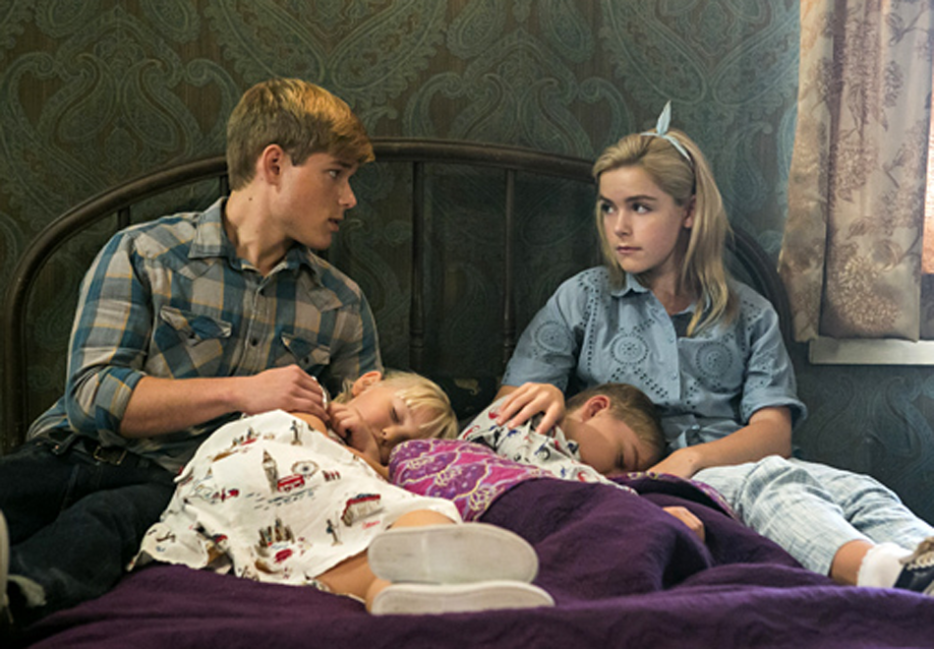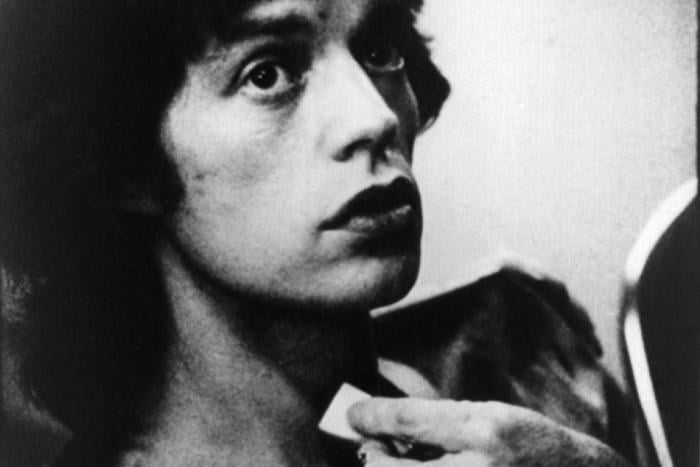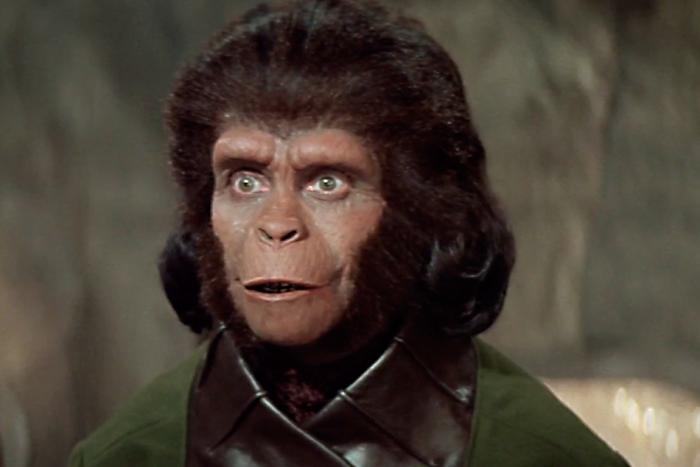Let’s talk about incest. I missed the V.C. Andrews train as a kid—I can picture the book nestled in with my vast collection of second-hand Harlequins, but for whatever reason I never picked it up. (As a teen, and even slightly before, I preferred adult protagonists. There were a handful of Christopher Pike novels, and a contemporary eating disorder-themed YA novel or two, but for the most part I liked adults.) Perhaps because of the Lifetime movie that’s airing this weekend, for the past couple months I’ve heard so much more about Flowers in the Attic than I ever did in my pubescence.
But, I promised that we’d talk about incest, so let me cut to the chase: over at The New Inquiry, Autumn Whitfield-Madrano argues that the brotherfucking incest plot has been eating up Flowers since its debut because of the complex negotiations young women and girls engage in with their own blossoming sexual agency. Incest is hot because in certain fictional contexts, it seems like a nice compromise between the dangers of sex and the comforts of intimacy. Seriously, just go read it.
Barbara Ehrenreich at The Atlantic looks hard at the criminalization of poverty: “I was also dismayed to find that in some ways, it is actually more expensive to be poor than not poor.”
Elizabeth Jane Howard, the novelist and short story writer I first heard about from a Shelf Esteem interview with Naben Ruthnam, died earlier this month. The Daily Mail ran a beautiful tribute to her, penned by her stepson, Martin Amis. It’s a sweet obituary, and reveals more than I would have thought about the Howard infuence on the Amis family. Martin Amis’s early reading life was informed by her guidance: “One day, early on, she presented me with a reading list: Austen, Dickens, Scott Fitzgerald, Waugh, Greene, Golding. I started, leerily, with Pride And Prejudice. After an hour or so I went and knocked on the door of Jane’s study. ‘Yes?’ she said, leaning back from her desk. ‘I’ve got to know,’ I said. ‘Does Elizabeth marry Mr Darcy?’ She hesitated, looking stern, and I expected her to say, ‘Well you’ll have to finish it and find out’. But she relented (and in addition she put my troubled mind at rest about Jane Bennet and Mr Bingley).”






